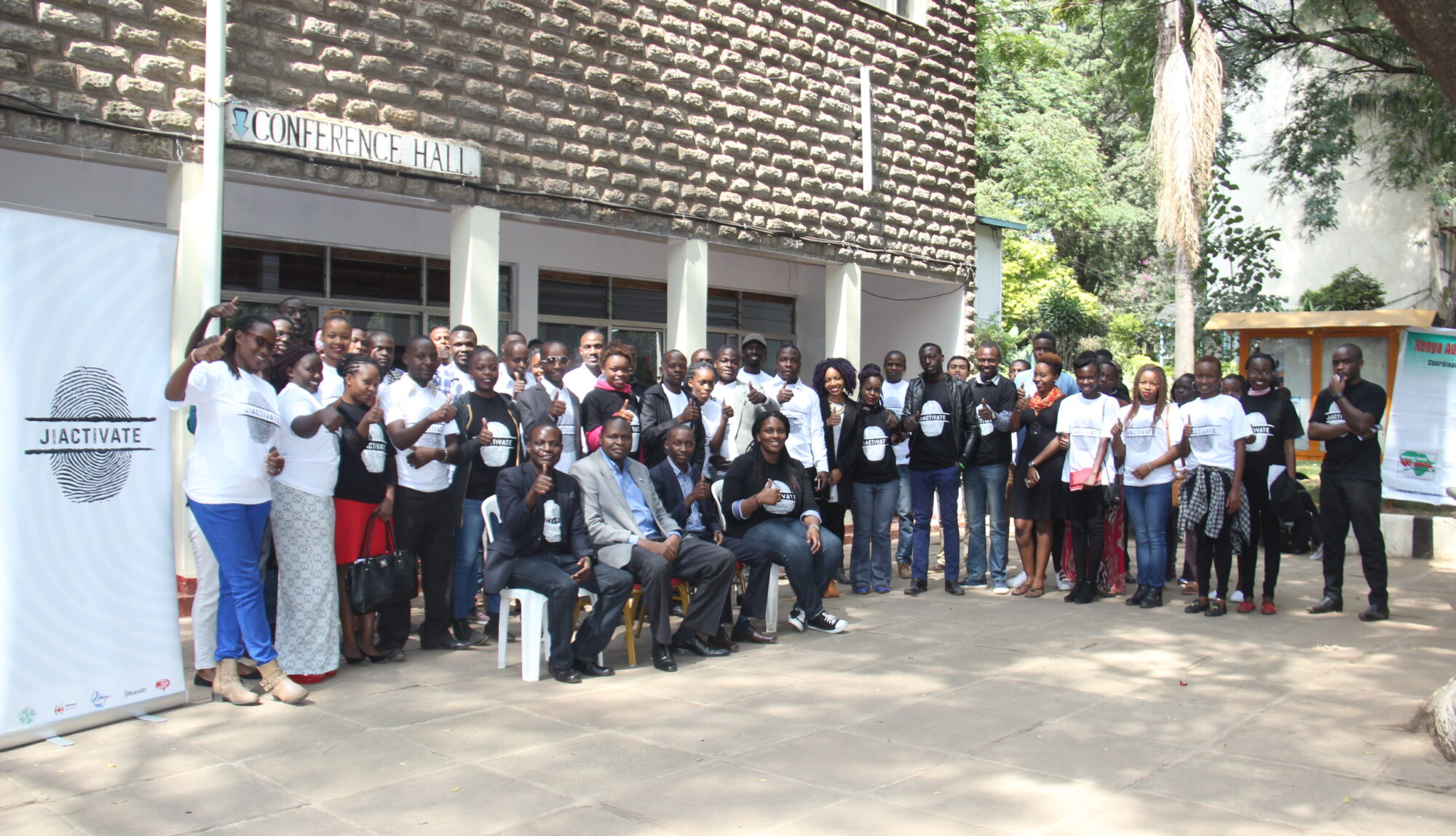Adolescent Health in Kenya: Bridging Gaps for Universal Coverage

The United Nations General Assembly (UNGA) is a pivotal gathering where global leaders and experts convene to discuss and commit to achieving Universal Health Coverage (UHC) on a worldwide scale.
High-level meetings of this nature are instrumental in setting international agendas, fostering cooperation among nations, and making decisions that hold substantial impacts for communities. UNGA is scheduled to commence on September 18th in New York.
Universal Health Coverage in Kenya
Universal Health Coverage (UHC) was introduced in Kenya with the aim of enhancing the affordability, quality, and accessibility of healthcare for all Kenyan citizens. This program was initially piloted in four counties: Kisumu, Isiolo, Machakos, and Nyeri.
However, the journey to achieve UHC is an ongoing process marked by several challenges that demand attention and resolution:
1. Public Awareness
A lack of awareness about available healthcare services and entitlements can hinder individuals from seeking the necessary care. Public awareness campaigns are essential to inform citizens of their healthcare options.
2. Health Information Systems
Outdated health information systems can obstruct the efficient management of healthcare services and patient data, leading to gaps in care coordination. Modernizing these systems is crucial.
3. Affordability
Even with UHC in place, out-of-pocket expenses for healthcare can still deter individuals, particularly when it comes to non-covered medications or services. Measures to make healthcare truly affordable are needed.
4. Financial Gaps
Counties often grapple with challenges related to allocating adequate financial resources to offer comprehensive healthcare services to all citizens. Bridging these financial gaps is essential for UHC success.
5. Geographical Disparities
Significant disparities in healthcare access and infrastructure exist in different areas. Rural regions frequently have fewer healthcare facilities and personnel compared to urban areas, leading to a lack of access for rural populations.
6. Healthcare Workforce
Shortages of healthcare professionals, including doctors, nurses, and support staff, are common in many counties. These shortages limit access to care and increase waiting times for services. Addressing this workforce deficit is imperative.
Youth Involvement in UHC
The active engagement of young people is pivotal for achieving UHC goals and ensuring that healthcare systems are attuned to the needs of future generations. The youth can play a crucial role in various ways:
1. Raising Awareness
Youths can raise awareness about health issues, promote healthy behaviors, and educate their peers about the significance of UHC.
2. Advocacy
Youths can advocate for equitable access to healthcare services and policies that prioritize the health needs of all individuals, ensuring that adolescents are not left behind.
3. Community Engagement
Youth can actively participate in community-based healthcare initiatives, such as volunteering in clinics and engaging in health education programs.
4. Innovation
Youths often bring fresh perspectives and innovative ideas to healthcare systems, which can lead to improvements in healthcare delivery and technology.
5. Research and Data Collection
Youth involvement in healthcare research and data collection can help identify gaps in healthcare services and inform evidence-based policymaking.
Expectations for UNGA: Addressing Adolescent Girls and Young Women (AGYW) Issues within UHC
During the United Nations High-Level Meeting on Universal Health Coverage (UNGA), we have certain expectations from our president and delegates representing the Health NGOs Network (HENNET) to address AGYW issues within UHC:
1. Affordable Healthcare for Adolescents
Health centers should provide pocket-friendly healthcare services for adolescents, including service fees and transportation, making them readily available and ideally free of charge.
2. Parental Support and Cultural Norms
Adolescents should have the support and understanding of their parents, and there should be a conscious effort to challenge and overcome social, cultural, and gender norms that may limit their access to healthcare.
3. Respect, Confidentiality, and Privacy
Healthcare providers should respect the confidentiality and privacy of adolescents when providing care. This creates an environment where young individuals feel safe and secure seeking medical assistance.
4. Access for All Adolescents
Access to healthcare services should be universal for all adolescents, irrespective of their socio-cultural backgrounds. Additionally, there should be an emphasis on enhancing health literacy among adolescents to encourage them to utilize healthcare facilities.
Article by Daisy Ochola